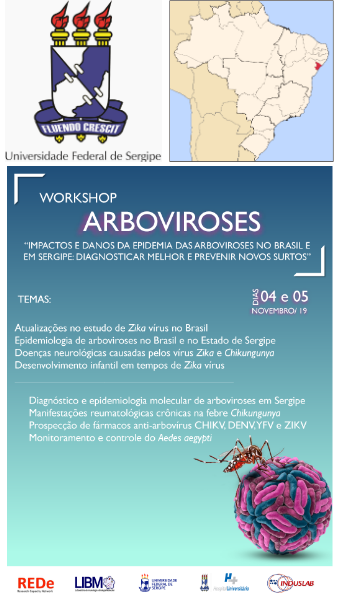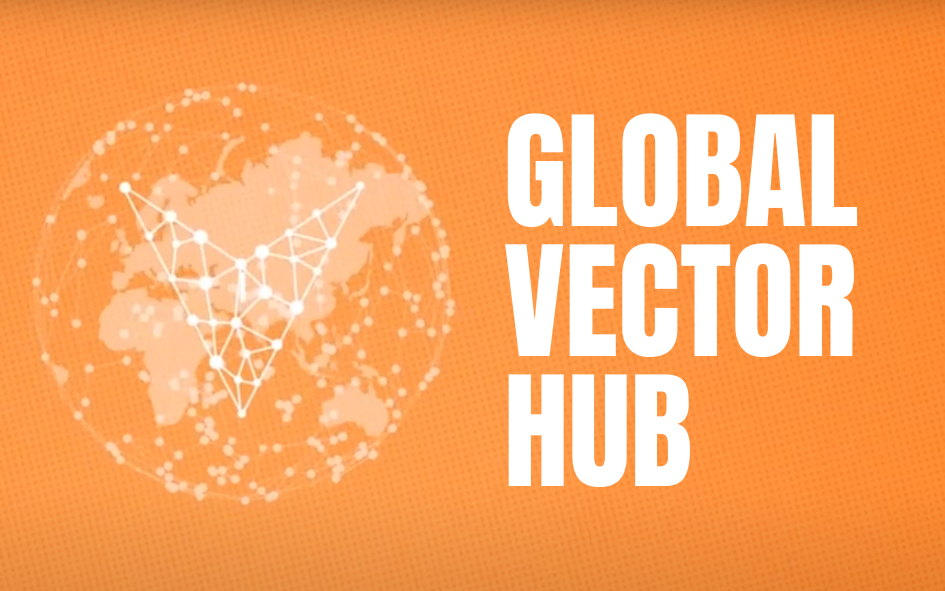
 Impacts of the arbovirus epidemic in the state of Sergipe: to diagnose better and to prevent new outbreaks
Impacts of the arbovirus epidemic in the state of Sergipe: to diagnose better and to prevent new outbreaks
4-5th November 2019
Universidade Federal de Sergipe, Aracajú (SE)
This workshop focused on the clinical aspects and sequelae of patients with Congenital Zika Syndrome and Chikungunya, discussing diagnostics and how to integrate and establish these into the public health system.
Interactive sessions and discussions with public sector administration, State and Municipality representatives and multi-disciplinary health teams, evaluated patient quality-of-life, the pathophysiology of the disease and its diagnosis.
The workshop brought together all stakeholders involved in patient care, discussing errors and successes during the outbreak, and preparing for future outbreaks in the state. The audience was formed of multidisciplinary health professionals, managers, undergraduate and graduate students.
In addition, health professionals shared their experiences in the field of patient care and assistance, focusing on the co-morbidities following arboviruses infection, such as the Zika Congenital Syndrome and neurological disorders related to Chikungunya and Zika infections. As part of this group, there were representatives of paediatrics, neurology, rheumatology, nursing and social care of the University Hospital, who shared their observations during their day-to-day work, allowing for a rich exchange between theoretical knowledge and practical application.
To learn more about the content of the workshop, access the full programme (in Portuguese) or download a full summary report of the workshop.
Please watch the following short interviews to hear directly from the workshop participants, offering insight into their experiences and the value of such initiatives
Watch David's full video Watch Brenda's full video
CHECK IT OUT!
The Global Vector Hub - the new TGHN hub aiming at transforming the way vector control and vector research communities operate and communicate, by providing a platform for sharing and disseminating data and information on vectors. Click on the banner below to explore!
